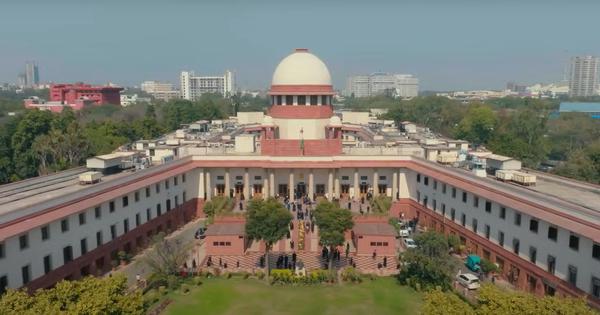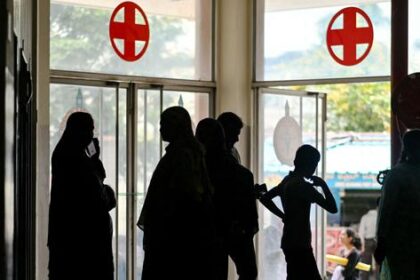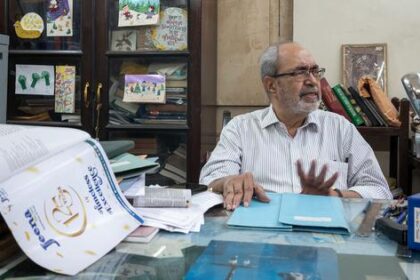Supreme Court addresses systemic discrimination against transgender persons, forming committee for policy recommendations.
The Supreme Court has raised concerns regarding the “grossly apathetic attitude” displayed by both the Centre and state governments in their efforts to integrate transgender persons into society. This statement comes in light of the ongoing discrimination faced by the transgender community, despite the establishment of the 2019 Rights of Transgender Persons Protection of Rights Act. The court has formed a committee tasked with developing a national equal opportunity policy to address these issues.
Justices JB Pardiwala and R Mahadevan were reviewing a petition from a transwoman who claimed she was discriminated against and dismissed from her position at a school in Uttar Pradesh in December 2022, followed by another incident in Gujarat in July 2023. The court has ordered the Union government, as well as the state governments of Uttar Pradesh and Gujarat, to compensate the petitioner with Rs 50,000 each for their discriminatory actions.
The bench emphasized that the provisions of the 2019 Act and the 2020 Rights of Transgender Persons Protection of Rights Rules have been largely ineffective, stating that they have been “brutally reduced to dead letters.” The court noted the ongoing struggles of the transgender community, which continue to face discrimination, lack of access to healthcare, limited economic opportunities, and non-inclusive educational policies.
Referencing its 2014 judgment in the National Legal Services Authority v Union of India case, which recognized transgender individuals as a socially and economically backward class, the court reiterated that significant directives were issued to ensure job quotas, educational admission, health benefits, and protection against discrimination. However, over ten years later, the transgender community is still forced to seek legal recourse to address their grievances, as systemic barriers remain prevalent in employment and professional environments.
The court pointed out that the absence of an option for a “third gender” creates insurmountable barriers for transgender individuals entering the organized workforce. It highlighted that even when hired, they are often compelled to conceal their identity, which violates their right to dignity as protected under Article 21 of the Constitution.
To address these concerns, the court has established an advisory committee, led by Asha Menon, a former Delhi High Court judge. The committee is expected to conduct a thorough study and recommend a viable equal opportunity policy for the Union and state governments. The court has requested a report along with a draft policy within six months.
Additionally, the court has mandated that the Union government devise its own equal opportunity policy within three months following the submission of the committee’s report. In its comprehensive verdict, the bench noted that many provisions of the 2019 Act and the 2020 rules remain aspirational rather than actionable.
The court has ordered the creation of a welfare board for transgender persons in every state and Union Territory, as well as the establishment of a Transgender Protection Cell in each district. This cell, overseen by district magistrates and police, will monitor cases of violence against transgender individuals. Furthermore, a nationwide toll-free helpline is to be set up to report violations of the 2019 law.
Critics have expressed that the 2019 Act and subsequent rules do not fulfill the promises made in the 2014 NALSA judgment. They argue that the requirement for transgender individuals to obtain identity documents through bureaucratic processes remains a barrier to accessing essential services, contradicting the right to self-determination affirmed by the NALSA case.








